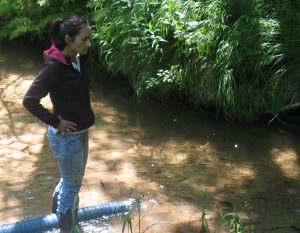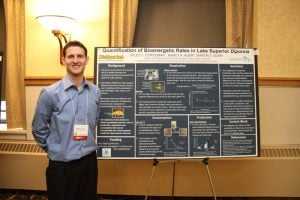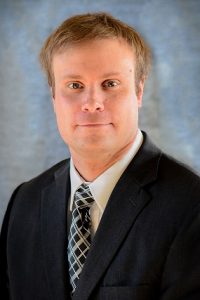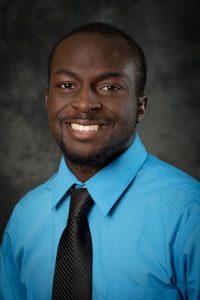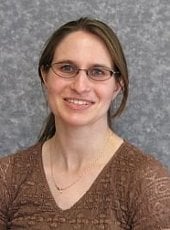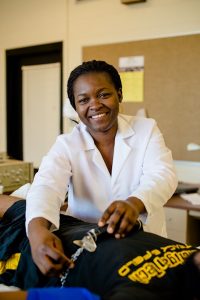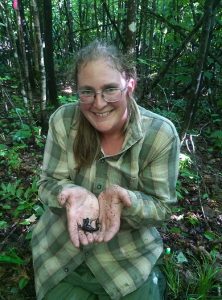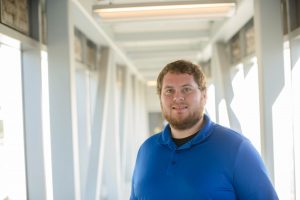The Graduate School is pleased to announce the awarding of Finishing Fellowships for doctoral candidates. Fellowships are available through the generosity of alumni and friends of the University. They are intended to recognize outstanding PhD candidates who are in need of financial support to finish their degrees.
(listed by nominating department)
Fall 2015 Recipients
Applied Cognitive Science and Human Factors

Kejkaew Thanasuan, PhD Candidate
Joseph Niehaus,PhD Candidate
Noopur Sharma, PhD Candidate
Chemical Engineering

Yang Zhang, PhD Candidate
Civil Engineering
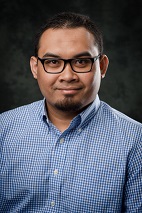
Mohd Rosli Mohd Hasan, PhD Candidate
Computer Engineering
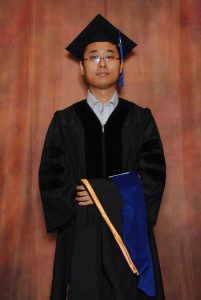
Lengfei Han, PhD Candidate
Environmental Engineering
Peifu Cheng, PhD Candidate
Materials Science and Engineering

Yifei Yuan, PhD Candidate
Mechanical Engineering – Engineering Mechanics
Hasti Asayesh Ardakani, PhD Candidate
Benjamin Savonen, PhD Candidate


